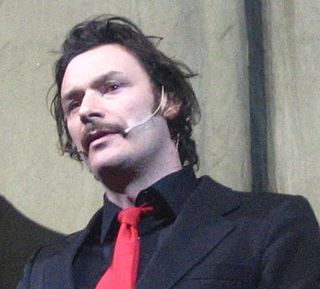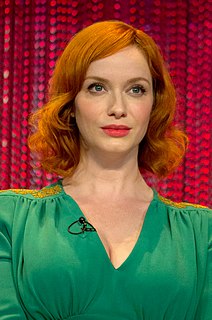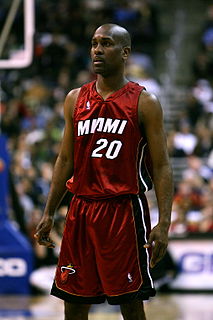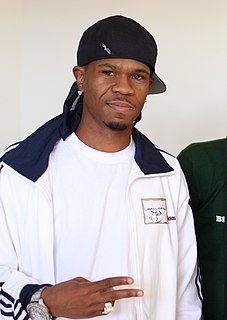A Quote by Michael Arrington
That first company I started made a lot of money for the venture capitalists - nearly $30 million - but next to nothing for the founders. The companies I started after that varied between failures and mediocre successes. But at no point did I ever consider getting a 'real job.' That felt like a black and white world, and I wanted Technicolor.
Related Quotes
Harvard and Yale concentrated with venture capitalists that got the best calls and brainpower. Very few firms made most of the money, and they made it in just a few periods. Everyone else returned between mediocre and lousy. When returns happened, envy rippled through institutional money management. The amount invested in venture capital went up 10 times post-1999. That later money was lost very quickly. It will happen again. I don't know anyone who successfully resists this stuff. It becomes a new orthodoxy.
A startup job is an investment, after all: Venture capitalists may wager money, but you're staking something more precious - your time. And unlike VCs, you can't spread your risk by betting on a bunch of companies at once. Start with TAM. That's 'total addressable market,' and if it's not big enough, there's no point in talking.
When my family first moved to Hempstead in the 1960s, they were one of the first black families. It used to be an all-white neighborhood, but there was white flight when the black people with money started moving in. When I was, like, 13 or 14, Hempstead had just become all black, and the poverty became worse and worse.
My goal when I started out was to get to the point where I could tour a lot and make a living, which means getting paid enough to hire my own band, travel and end up with a bit of money, but I'm still nowhere near that point. Because I didn't have a band and fan base when I started, I did everything backward.
It's a weird profession, as I don't really consider myself an actor. I did at one point, and I went and started doing auditions, and I was so useless at them and so demoralised by doing audition after audition and not getting them and also not being able to take it in my stride at all. I just felt crushed and worthless.

































